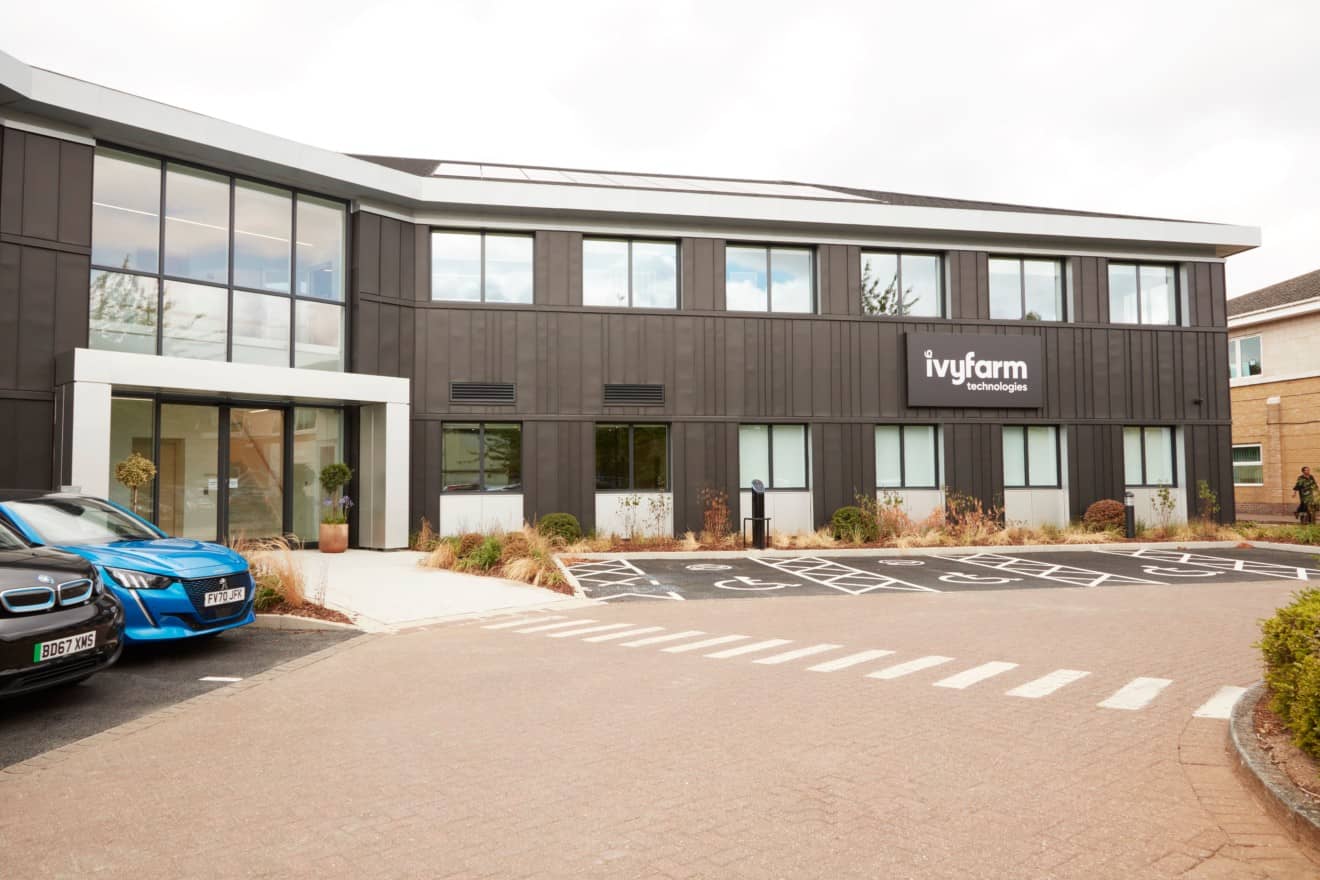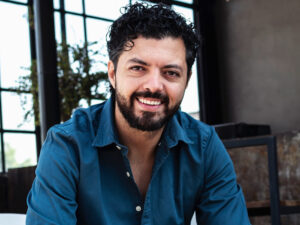Ivy Farm, a cultivated meat startup in the UK, recently unveiled what it claims to be Europe’s largest cultivated meat pilot plant in Oxford, a city just outside of the capital London.
The food-tech startup, which has raised over $30 million, is on a mission to create “real, guilt-free meat” to tackle one of the world’s biggest climate polluters – industrial agriculture – and to help the world reach its net zero goals.
Ivy Farm grows pork stem cells in large fermentation tanks in order to produce real meat, which it claims has a healthier nutritional profile and a more sustainable greenhouse gas footprint than pork from slaughtered pigs.
According to Ivy Farm, the new 18,000 sq. ft. facility is fitted with an innovative pilot manufacturing plant and hosts a terminal 600L bioreactor that will enable the production of over 2.8 tonnes of cultivated meat per year.
As part of the expansion, the startup has also completed the construction of its new offices, which can accommodate an expanding team of 50 experts. Along with the offices, a new innovation kitchen will enable Ivy Farm’s team of in-house food scientists and development chefs to cook and experiment with the company’s mincemeat products.
The startup says the plant has been designed with sustainability and self-sufficiency in mind, including recyclable materials like solar panel arrays with the aim of generating a large proportion of energy used by the plant on site, EV chargers for staff vehicles, as well as other smart energy efficiency features.
Why it matters
Research by Oxford Economics in a report for Ivy Farm says UK’s cultivated meat industry will hit $1.69 billion by 2030. Globally the analysts project a $15 billion industry by 2030.
The report also pointed out a GDP multiplier of 3.7x by 2030 from cultivated meat supporting up to 16,500 jobs across the UK in 2030.
A separate report by CE Delft also says that cultivated meat would reduce carbon emissions by up to 92% and reduce land use by as much as 95% when compared to traditional agricultural methods.
The unveiling of the plant could be a huge step in the startup’s contribution to the benefits posed by the cultivated meat industry in the UK.
“Making real meat in a new and more sustainable way has never been done at real scale and so the completion of the pilot plant, R&D facility, new office, and innovation kitchen represents a really exciting milestone on our growth journey as a company,” said Ivy Farm CEO Rich Dillon said.
“By building Europe’s largest pilot plant and by expanding our R&D facilities, we have taken a huge step towards our mission of producing guilt-free, real meat that’s good for the planet, people and animals.”
The opening of the pilot plant is the next phase in the advancement of Ivy Farm’s technology as it looks to boost its R&D capabilities, with the aim of reducing costs, scaling up production, and making cultivated meat accessible to consumers on a global scale in the near future.





